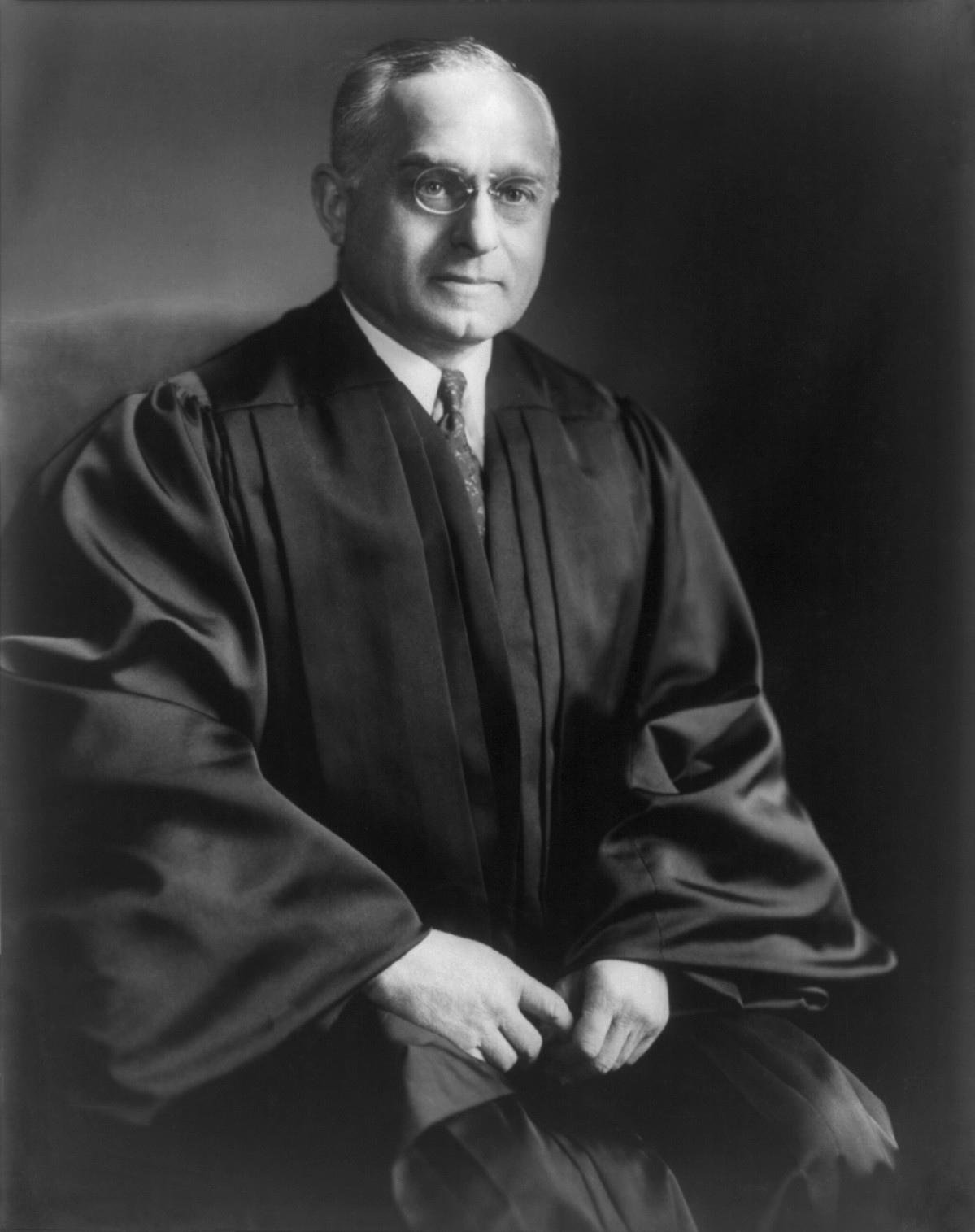Felix Frankfurter foi um advogado, professor e jurista Austríaco-Americano, que serviu como Associado de Justiça da Suprema Corte dos Estados Unidos. Frankfurter serviu no Supremo Tribunal de 1939 a 1962, e foi um notável defensor da restrição judicial nos julgamentos do Tribunal.
Frankfurter nasceu em Viena e migrou para a Cidade de Nova Iorque, aos 12 anos de idade. Após se formar pela Escola de Direito de Harvard, Frankfurter trabalhou para o Secretário de Guerra, Henry L. Stimson. Durante a Primeira Guerra Mundial, Frankfurter serviu como Juiz, Advogado-Geral. Após a guerra, ele ajudou a fundar a União Americana de Liberdades Civis e retornou à sua posição como professor na Escola de Direito de Harvard. Ele tornou-se amigo e conselheiro do Presidente Franklin D. Roosevelt, que o nomeou para preencher a vaga decorrente da morte de Benjamin Cardozo.
Frankfurter serviu à Corte até sua aposentadoria em 1962, e foi sucedido por Arthur Goldberg. Frankfurter relatou a opinião da maioria em casos como Minersville School District v. Gobitis, Gomillion v. Lightfoot e Beauharnais v. Illinois. Escreveu opiniões discordantes em casos notáveis como Baker v. Carr, West Virginia State Board of Education v. Barnette, Glasser v. United States e Trop v. Dulles.
Wikipedia
✵
15. Novembro 1882 – 22. Fevereiro 1965
